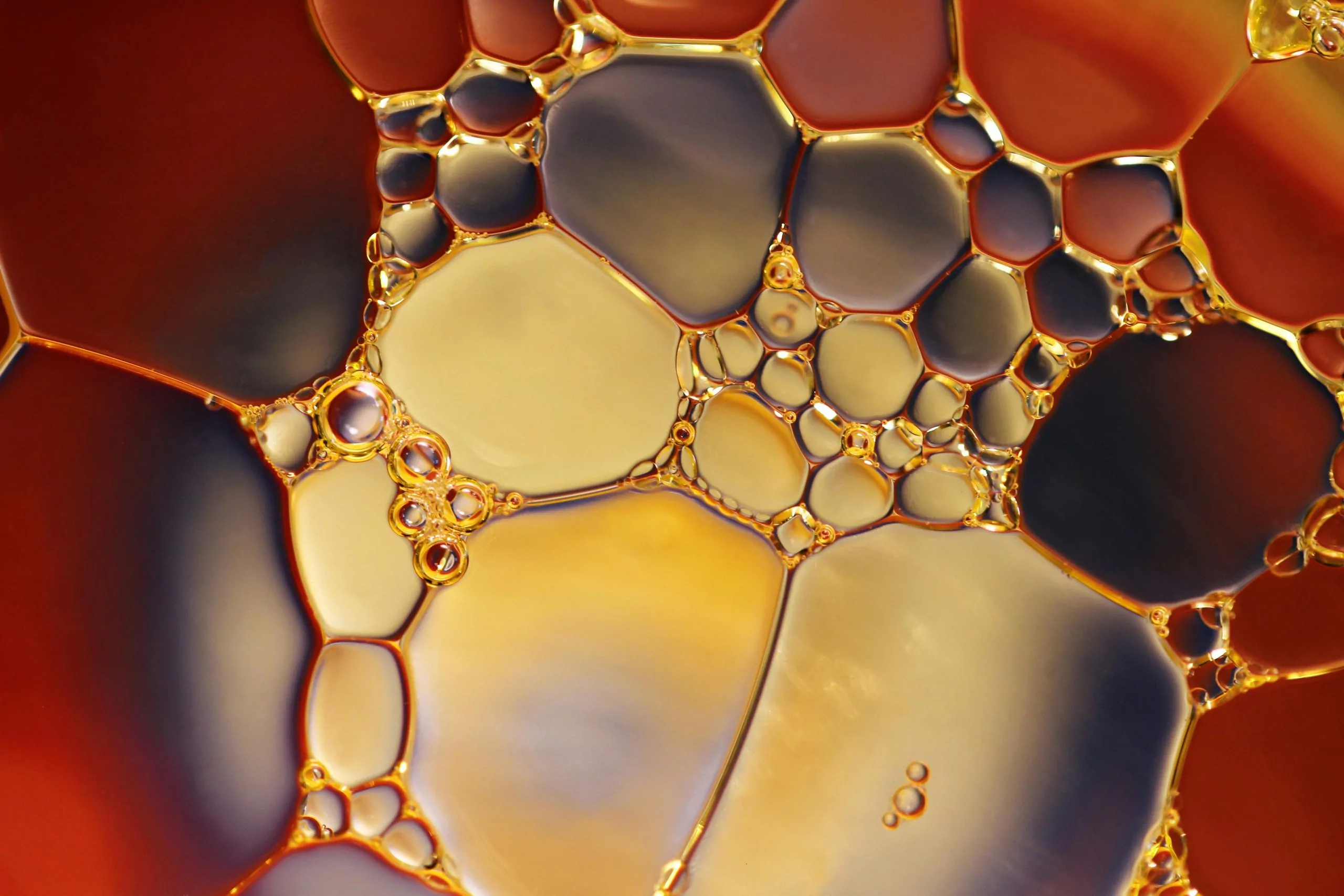In 2025, sustainability is a powerful marketing tool. Consumers increasingly want to support brands that are good for the planet, and companies have responded by plastering their products with environmental buzzwords. However, terms like “eco-friendly,” “earth-friendly,” and “natural” are often unregulated and legally meaningless. This practice, known as “greenwashing,” allows companies to create a misleadingly positive image without making any substantive changes to their environmental impact. These seven brands and product categories are notorious for using eco-friendly labels that mean very little.

Image Source: pexels.com
1. Fast-Fashion “Conscious” Collections
Major fast-fashion retailers like H&M and Zara have launched “conscious” or “sustainable” collections to appeal to eco-conscious young shoppers. While these specific lines may use a small percentage of recycled or organic materials, they do not change the company’s fundamental business model. This model relies on rapid production, low wages, and creating a culture of disposable clothing, all of which are environmentally destructive. The “conscious” label is a small green fig leaf on a deeply unsustainable industry.
2. “Natural” Cleaning Products
Many cleaning product brands use green leaves and earthy tones on their labels, along with the word “natural.” However, this term is not regulated by the EPA or FDA. A “natural” all-purpose cleaner can still contain synthetic fragrances, chemical dyes, and harsh surfactants that can be harmful to both human health and aquatic ecosystems. Without a specific third-party certification like the EPA’s “Safer Choice” label, the word “natural” is just marketing.
3. Disposable Water Bottle Brands
Several major bottled water companies have been accused of greenwashing for their environmental claims. They might advertise that their bottles are “100% recyclable,” which, while true, shifts the responsibility to the consumer. This claim distracts from the massive carbon footprint created by producing and shipping billions of single-use plastic bottles around the world, a fundamentally unsustainable practice.
4. “Clean” Beauty and Skincare Products
The term “clean beauty” has no legal definition, allowing brands to create their own standards for what it means. A product might be marketed as “clean” because it is free of one specific ingredient, like parabens, while still containing other controversial chemicals or synthetic fragrances. This lack of a universal standard creates confusion and allows brands to make their products seem safer or more natural than they are.
5. Single-Use “Compostable” Plastics
Some companies now offer single-use items like cutlery, cups, and pods made from “compostable” bioplastics like PLA. They market these as an eco-friendly alternative to traditional plastic. The problem is that these bioplastics only break down in specific, high-heat industrial composting facilities, not in a typical home compost bin or a landfill. Since most communities lack this infrastructure, the “compostable” items end up being just another form of trash.
6. Major Oil and Gas Companies

Image Source: pexels.com
In a prime example of corporate greenwashing, major fossil fuel companies run large advertising campaigns highlighting their investments in renewable energy like wind and solar. These campaigns create the impression that they are leaders in the green transition. However, these investments often represent only a tiny fraction of their total budget, the vast majority of which is still dedicated to the extraction and sale of oil and gas.
7. “Eco-Friendly” Diapers and Wipes
Some diaper and baby wipe brands use claims like “plant-based” or “eco-friendly” on their packaging. While the product might use some materials derived from plants, it is still a single-use, disposable item that will end up in a landfill. These labels can mislead well-intentioned parents into thinking they are making a truly sustainable choice when the environmental impact remains largely the same.
The Search for True Sustainability
Greenwashing preys on the good intentions of consumers. The only way to combat it is to become a more critical shopper. You should ignore vague buzzwords and instead look for specific, third-party certifications like USDA Organic, Fair Trade, or EPA Safer Choice. True sustainability is proven through transparent actions and verifiable data, not through meaningless marketing labels.
What is the worst example of greenwashing you have ever seen? How do you determine if a brand is truly eco-friendly? Share your thoughts!
Read More
